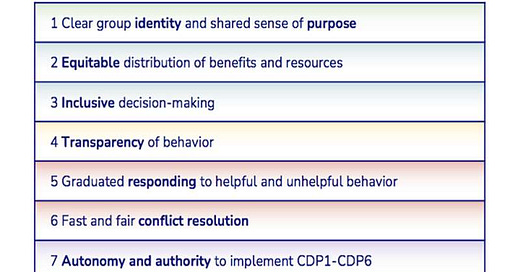Simplistic ‘solutions’ can , and often do, make things worse
I don't know if people still talk about 'joined up thinking'. I think we still talk about 'holistic approaches'. We talk and talk and yet ...
As the number of electric vehicules increases air quality improves...... For those people in wealthier areas. In poorer areas air quality stays the same (poor quality/polluted) or it gets even worse. -->
1. Highways tend to be near low socio-economic status areas and tire tread particles and brake pad particles blow from the highways into those areas. Electric vehicles are heavier which = more particules
2. Power plants tend to be near low socio-ecnomic status areas and electric vehicles increase demand which increases pollution.
3. And finally .... electric vehicles are more expensive and so take up is slower in poorer neighbouhoods.
This sort of thing is why I'm a Permaculture designer, we try and factor in all of these types of interactions and consequences at the design stage. A good designer would be asking "why do we need to move around so much? How can we design the whole system to eliminate all forms of traffic derived pollution. From this point on the holistic solutions are obvious and contextual.
Poisonous products everywhere
How many years have we been talking about this sort of thing. In my case far too many.
Many common products like shampoos, body lotions, cleaners, mothballs, and paint removers contain toxic volatile organic compounds or VOCs—chemicals that escape as gases
More than 5,000 tons of toxic chemicals released from consumer products every year inside Californian homes, workplaces
Context!
Many Permaculture designers understand that 'it all depends on the context' that there is no 'one size fits all' solution/technique/strategy etc. Unfortunately this paradigm is not understood by elected leaders, industries and more.
That said the core principles of Permaculture design are universally valid.
There is no one-size-fits-all road to sustainability on 'Patchwork Earth'
The Prosocial paradigm shift supported by research
More and more research showing that we haven't lost our basic instinct to help others. ‘Creating a more prosocial world grounded in equity and cooperation isn't some unreachable pipe dream.’
"There are practical applications," said Wilson, who established the nonprofit ProSocial World to plant these ideas outside of academia. "Right now, not in some far, distant future, we could be using these ideas to accomplish positive change."
Right now is right, we desperately need to rebuild local and bioregional cooperation networks. We must replace the current competivity and aggressivity paradigm with a prosocial one, this takes us back to our roots and means we stop making ourselves ill and stop destroying essential ecosystems. We are an animal that spent millenia evolving cooperation strategies to survive and thrive. We need to ensure that these strategies are once again at the heart of our social and economic systems.






Thank you for such excellent essay about our current cultural transition. It is all about consequences.